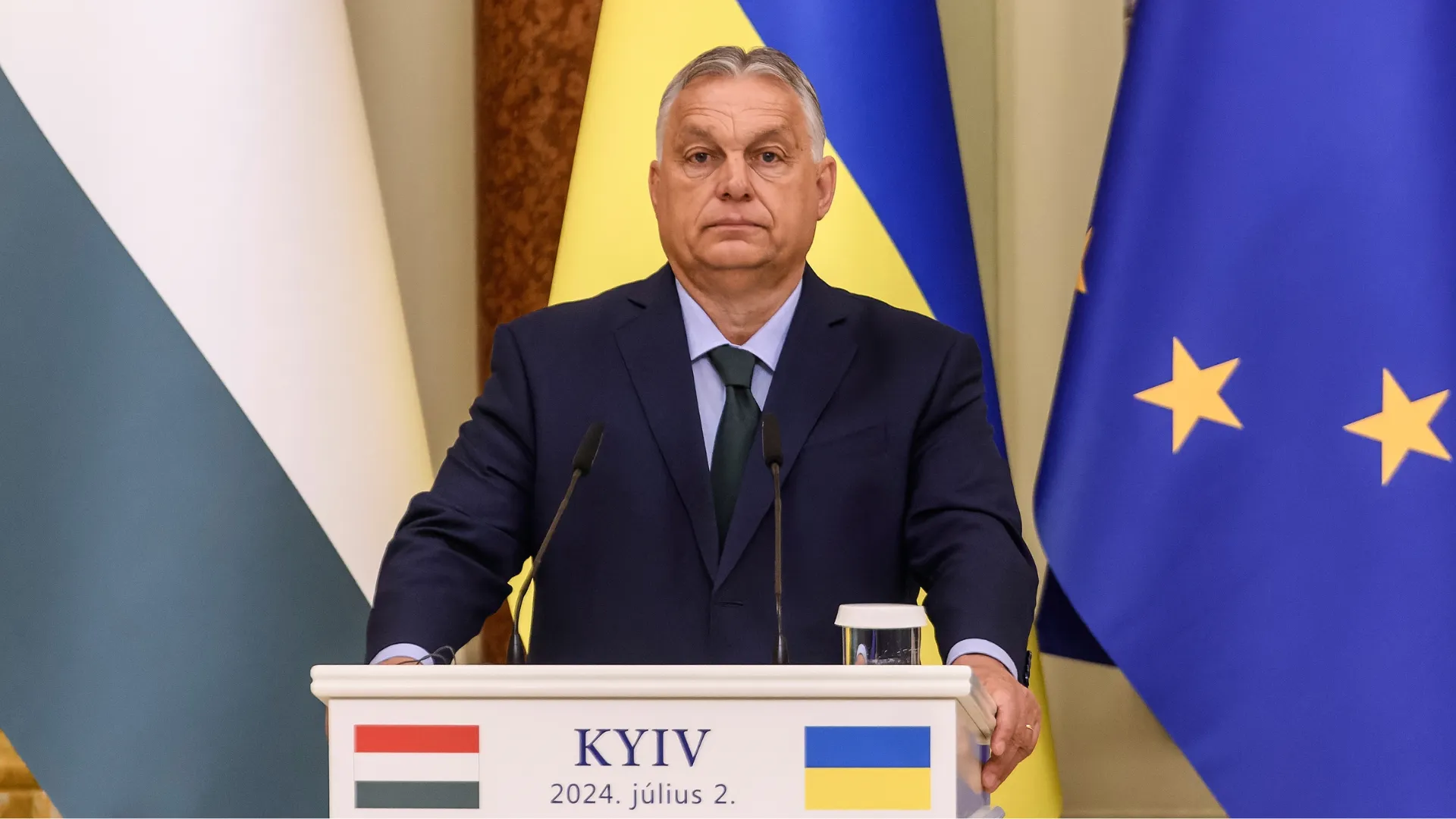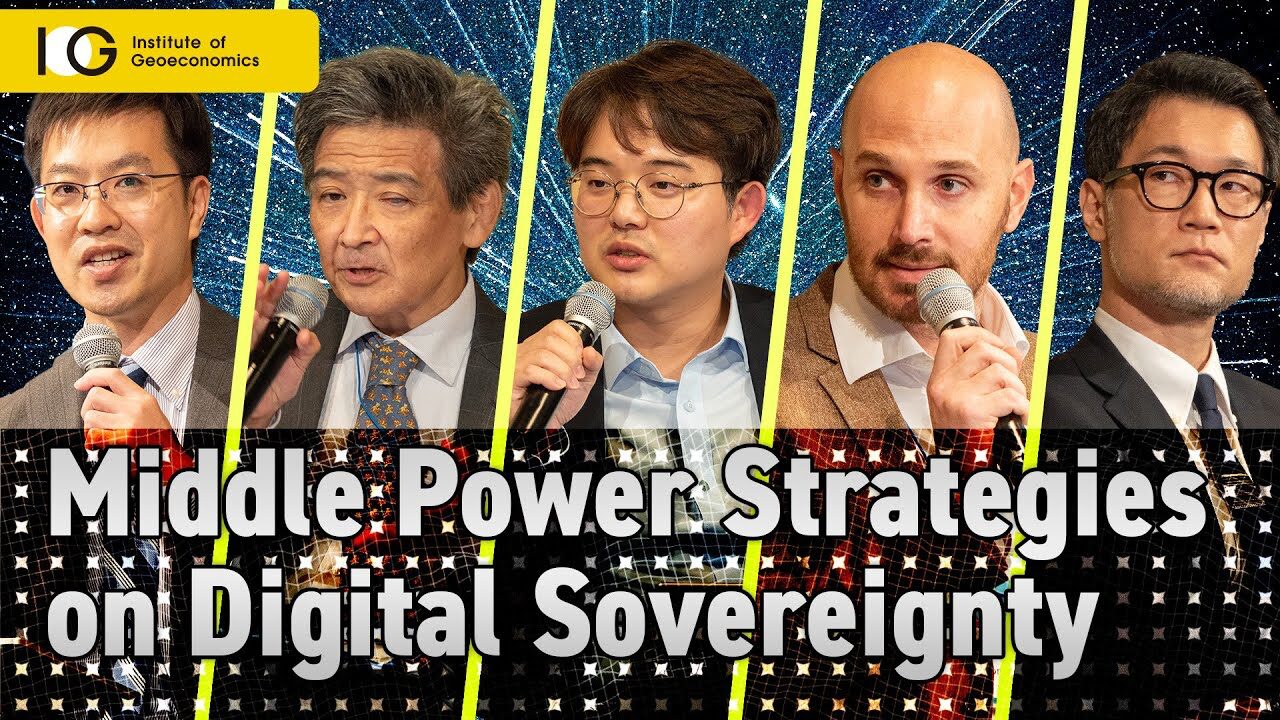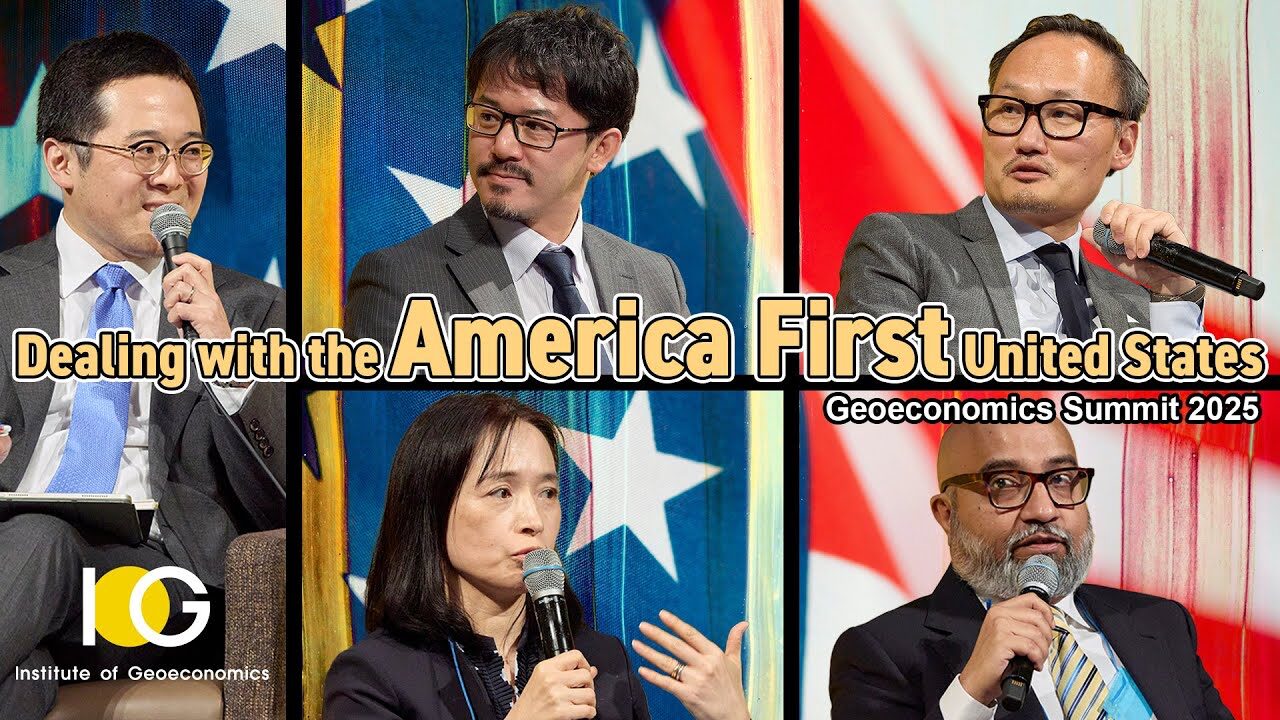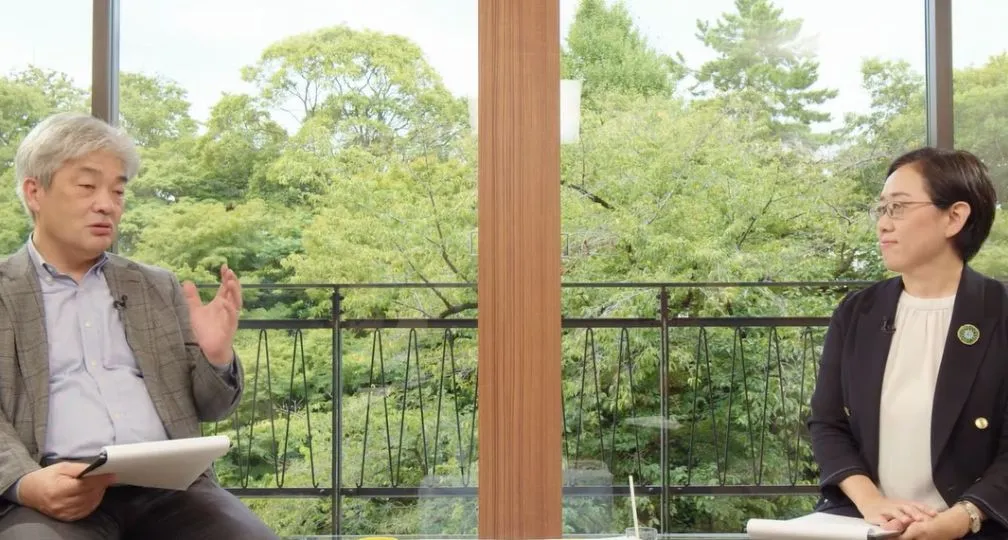Reconstructing the shaken international security order
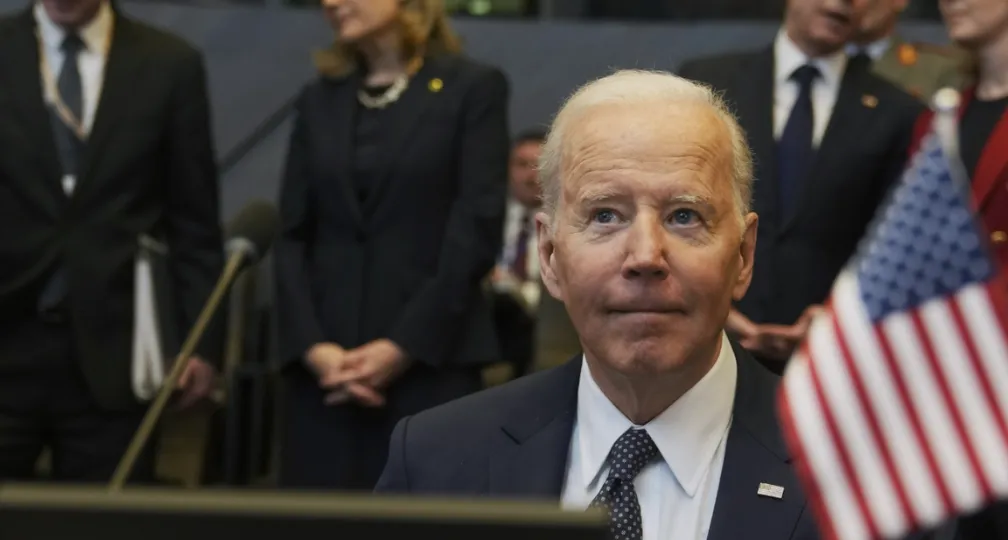
Group Head, International Security Order, Institute of Geoeconomics (API) Lieutenant General, Japan Air Self-Defense Force (Ret.)
This article was posted to the Japan Times on May 11, 2023:
https://www.japantimes.co.jp/opinion/2023/05/11/commentary/world-commentary/international-security-order/
Today’s international security order has been greatly shaken by Russia’s invasion of Ukraine, dividing the globe into an alliance of authoritarian regimes led by China and Russia and an alliance of Western democracies supporting Ukraine.
As Chinese leader Xi Jinping’s recent visit to Moscow coincided with Prime Minister Fumio Kishida’s visit to Kyiv, Xi’s meeting with Russian President Vladimir Putin and Kishida’s with Ukrainian President Volodymyr Zelenskyy — both held on March 21 — highlighted the world divided between the two alliances.
It is still uncertain whether the entire world will be polarized in this way. But on March 30 Turkey voted to approve Finland’s bid to join NATO, removing the final obstacle to its accession, while China’s defense ministry stressed following the Xi-Putin talks that the two countries would work together to build deeper trust between their militaries.
The United Nations Security Council largely lost its legitimacy as guardian of the international security order when Russia, a permanent member, launched the invasion.
Having lost an anchor, the world in the wake of the Ukraine war is on the verge of being reorganized with a focus on military alliances, the clearest relationship between states that shapes security order.
In order to counter attempts by China and Russia to change the status quo by force, it is necessary to recover, expand and strengthen the credibility of the military alliance led by the United States and make it the mainstay of the international order.
Expanding NATO
According to the balance of threat theory proposed by U.S. political scientist Stephen Walt, states tend to form alliances to counter the biggest threat rather than the strongest power.
Since immediately after the end of the Cold War, many Eastern European countries wished to join NATO, believing Russia would again have aggressive intentions and become a threat one day.
A total of 14 countries newly joined NATO after the end of the Cold War, starting with the Czech Republic, Hungary and Poland in 1999, and leading up to North Macedonia in 2020.
With Finland having become a member in April, NATO now has 31 countries as members.
Sweden has also applied to become a member and, although Turkey and Hungary are still opposed to it, it is likely that the country will join NATO soon.
Finland has a 1,340-kilometer border with Russia, which means the length of national borders between NATO members and Russia has doubled with Finland’s participation.
If Sweden becomes a NATO member, the Baltic Sea will be completely surrounded by NATO countries.
Russia claims that one of the reasons for invading Ukraine was the threat of NATO expanding eastward, but the invasion ironically led to the strengthening of ties among NATO states and prompted two countries to shift their long-held policy of neutrality and move to join NATO, resulting in the further expansion of the alliance.
Although NATO’s unity weakened with former U.S. President Donald Trump belittling the alliance and French President Emmanuel Macron criticizing it as “brain dead,” it is set to become one of the pillars supporting the international security order after the Russia-Ukraine war.
At a 2008 NATO summit meeting, leaders welcomed Ukraine’s future membership in the alliance. But that did not come to pass, as some members pointed out that corruption-related issues in the country’s political system did not allow it fulfill NATO’s criteria, and some members were afraid that Ukrainian membership would provoke Russia.
After Russia annexed the Crimean Peninsula in 2014, it became practically impossible to include Ukraine, which was in conflict with Russia, in NATO’s collective defense system.
On Sept. 1, 2021, in his first meeting with Zelenskyy, U.S. President Joe Biden said the U.S. remained firmly committed to Ukraine’s sovereignty and territorial integrity in the face of Russian aggression.
However, following a video call with Putin on Dec. 7 the same year, Biden told reporters that while the U.S. has a moral and legal obligation to defend its NATO allies if they are under attack, that obligation does not extend to Ukraine because it is not part of the alliance.
“The idea that the United States is going to unilaterally use force to confront Russia invading Ukraine is not in the cards right now,” Biden said. His remarks apparently pushed Putin to move forward with invasion plans.
It can be said that deterrence collapsed because of Washington’s hesitation and indecisiveness over face-to-face confrontation with Moscow, fearing risks of a nuclear war.
The U.S. and NATO are tasked with the responsibility of urgently stopping Russia’s invasion and giving Ukraine security guarantees, either in the form of granting NATO membership or the Kyiv Security Compact proposed by Ukraine.
It is also important for countries in the Indo-Pacific region to learn lessons from this deterrence failure and be prepared for a possible Taiwan contingency.
Maintaining credibility
As countries like China, Russia, Iran and North Korea challenge the international order established under the leadership of the U.S., and as Washington’s relative power declines and its behavior becomes increasingly unforeseeable, Western democracies’ key common agenda is how to increase the credibility of alliances.
Finland and Sweden are likely to have judged that going under NATO’s nuclear umbrella is the only way to deter Russia’s nuclear threats, but Russia is taking countermeasures by moving to station tactical nuclear weapons in Belarus.
NATO’s credibility for its future nuclear deterrence depends on whether it can deter Russia’s use of nuclear weapons in Ukraine.
It is crucial for NATO members to act as one to show their determination to face Russia.
Biden quickly denied military intervention in Ukraine to avoid direct confrontation with Russia, but now is the time for Washington to recover major NATO states’ trust in the U.S. which was lost following the country’s unilateral withdrawal from Afghanistan in 2021.
Beijing is carefully analyzing Washington’s response and assessing how serious the U.S. is about defending Taiwan.
NATO’s core task is collective defense. Article 5 of the North Atlantic Treaty states that if an armed attack occurs against one of the member states, it should be considered an attack against all members, and other members shall assist the attacked member, with armed forces if necessary.
Meanwhile, each member is left free to determine what actions it deems necessary to take in response, including the use of force.
When the alliance was established, European members wanted to ensure that the U.S., with its overwhelming power, would automatically come to their assistance should one of the signatories come under attack, but the U.S. didn’t want to make such a pledge and ensured that this be reflected in the wording of Article 5.
In 2018, Trump, U.S. president at the time, criticized European members’ dependence on the U.S. as unfair, and urged them to spend 2% of GDP on defense, in line with NATO’s target. But European countries were slow to respond.
Following Russia’s invasion, however, European members such as Germany shifted their policy to play an active role in NATO, such as by boosting defense spending and supplying weapons to Ukraine.
On the other hand, Turkish President Recep Tayyip Erdogan and Hungarian Prime Minister Viktor Orban were slow to condemn Russia and Putin, even after the invasion, creating political discord.
Turkey has been expelled from the U.S. F-35 program, having refused Washington’s demands that it not acquire the Russian S-400 surface-to-air missile system, and the situation is also affecting militaries’ joint operations.
In the face of Russian threats, not only the U.S. but also all NATO members need to make efforts and work together on the issue of how to resolve this political discord to maintain and strengthen ties of collective defense.
As was reflected in Macron’s recent visit to China, how the issue will be dealt with will have a great impact on the security of the Indo-Pacific region as well.
China-Russia alliance
A joint statement issued on March 21 following a meeting between Xi and Putin stated that the Chinese-Russian relationship had reached the highest level in history and continues to move forward, highlighting the two countries’ close ties.
The statement also asserted that the U.S. adheres to a Cold War mentality and pursues an Indo-Pacific strategy, which has a negative impact on peace and stability in the region, stressing their unity against the U.S. and opposition toward the U.S.-led international order.
U.S. political scientist Graham Allison wrote in his article “Xi and Putin Have the Most Consequential Undeclared Alliance in the World,” published in Foreign Policy in March, that the “functional equivalent of a military alliance” Xi has built with Putin has become much more consequential than most of Washington’s official alliances today.
Indeed, China and Russia have recently been strengthening military cooperation, holding joint military drills and having their bombers conduct joint air patrols. But in the bilateral meeting, they did not go as far as discussing China’s supply of arms and ammunition to Russia — something that Moscow has been hoping for.
While showing support for Putin, Xi has been careful not to tread on the tiger’s tail in regards to the U.S.
It is important for Western countries to make sure Xi doesn’t cross the line of supplying lethal weapons to Russia, which would effectively lead to a full-blown military alliance between Beijing and Moscow.
Even between allies that have signed a treaty, it is not easy to overcome the dilemma of trying to avoid getting involved but not being left out.
Xi, during his latest visit to Russia, chose to deepen his “no-limits friendship” with Putin. Still, China and Russia have different interests, leading them to avoid agreeing on a military alliance that obligates mutual defense.
Xi apparently is hoping to control Putin, who doesn’t want to be abandoned by China, and build an alliance — as once defined by first chancellor of the German Empire Otto von Bismarck as a relationship between a knight and a horse — with China being the knight, while at the same time avoid getting involved in Putin’s war and becoming a target of Western countries’ sanctions.
As Patricia Kim, an expert on Chinese foreign policy, wrote in her article “The Limits of the No-Limits Partnership” published in Foreign Affairs in February, it is necessary for Western countries to acknowledge that China’s words and actions — as Russia’s most consequential ally — will affect Moscow’s decisions in Ukraine and beyond. They should also work with Beijing to send the right signals to Moscow, such as by appealing to Beijing’s fundamental interest in stability and pressing Xi to oppose the threat or use of nuclear weapons, the article said.
Network of alliances
Compared to NATO’s collective defense system, the security system in the Indo-Pacific region is more vulnerable, being made up of a hub — the U.S. — and spokes — four bilateral alliances.
The bilateral alliances have different characteristics and what Walt called the balance of threat also varies depending on the alliance, but they are in sync regarding moves to counter China’s threat, as a contingency in the Taiwan Strait has become more likely since Russia’s invasion of Ukraine.
Japan has revised its National Security Strategy and set about drastically strengthening its defense capabilities, including possessing counterstrike capability.
South Korean President Yoon Suk-yeol has pivoted his country’s policy stance to focus more on its alliance with the U.S. and improving its relations with Japan. The Philippines has newly allowed the U.S. military access to four military bases in the country.
There are also moves to create multilateral alliances, including AUKUS, a trilateral security pact between Australia, the United Kingdom and the U.S., and the “Quad,” a strategic security dialogue between Australia, India, Japan and the U.S.
However, it is still unclear how the U.S. and its allies will cooperate in the event of a cross-strait contingency.
Biden has so far confirmed four times that U.S. troops will defend Taiwan in the event of an attack by China, but each time the White House has denied any change to Washington’s stance of “strategic ambiguity.”
To deter a military invasion of Taiwan, with which neither the U.S. nor its allies have official diplomatic relations, it is indispensable for the U.S. as a hub to keep its word while taking into account the lessons learned from Ukraine.
At the same time, it is necessary to strengthen spokes — bilateral relationships, including those between Japan and South Korea, or between Japan and the Philippines — and make them multilateral.
A web of alliances backed by mutual trust with the U.S. is needed as a pillar to achieve stability in the Indo-Pacific region.
(Photo Credit: AP / Aflo)

Geoeconomic Briefing
Geoeconomic Briefing is a series featuring researchers at the IOG focused on Japan’s challenges in that field. It also provides analyses of the state of the world and trade risks, as well as technological and industrial structures (Editor-in-chief: Dr. Kazuto Suzuki, Director, Institute of Geoeconomics (IOG); Professor, The University of Tokyo).
Disclaimer: The opinions expressed in Geoeconomic Briefing do not necessarily reflect those of the International House of Japan, Asia Pacific Initiative (API), the Institute of Geoeconomics (IOG) or any other organizations to which the author belongs.
-
 Fed-Treasury Coordination as Economic Security Policy2026.02.13
Fed-Treasury Coordination as Economic Security Policy2026.02.13 -
 Challenges for Japan During the U.S.-China ‘Truce’2026.02.12
Challenges for Japan During the U.S.-China ‘Truce’2026.02.12 -
 India and EU Sign Mother of All Deals2026.02.09
India and EU Sign Mother of All Deals2026.02.09 -
 Orbán in the Public Eye: Anti-Ukraine Argument for Delegitimising Brussels2026.02.04
Orbán in the Public Eye: Anti-Ukraine Argument for Delegitimising Brussels2026.02.04 -
 Trump, Takaichi and Japan’s Strategic Crossroads2026.02.03
Trump, Takaichi and Japan’s Strategic Crossroads2026.02.03
 Oil, Debt, and Dollars: The Geoeconomics of Venezuela2026.01.07
Oil, Debt, and Dollars: The Geoeconomics of Venezuela2026.01.07 Orbán in the Public Eye: Anti-Ukraine Argument for Delegitimising Brussels2026.02.04
Orbán in the Public Eye: Anti-Ukraine Argument for Delegitimising Brussels2026.02.04 When Is a Tariff Threat Not a Tariff Threat?2026.01.29
When Is a Tariff Threat Not a Tariff Threat?2026.01.29 Fed-Treasury Coordination as Economic Security Policy2026.02.13
Fed-Treasury Coordination as Economic Security Policy2026.02.13 A Looming Crisis in U.S. Science and Technology: The Case of NASA’s Science Budget2025.10.08
A Looming Crisis in U.S. Science and Technology: The Case of NASA’s Science Budget2025.10.08





